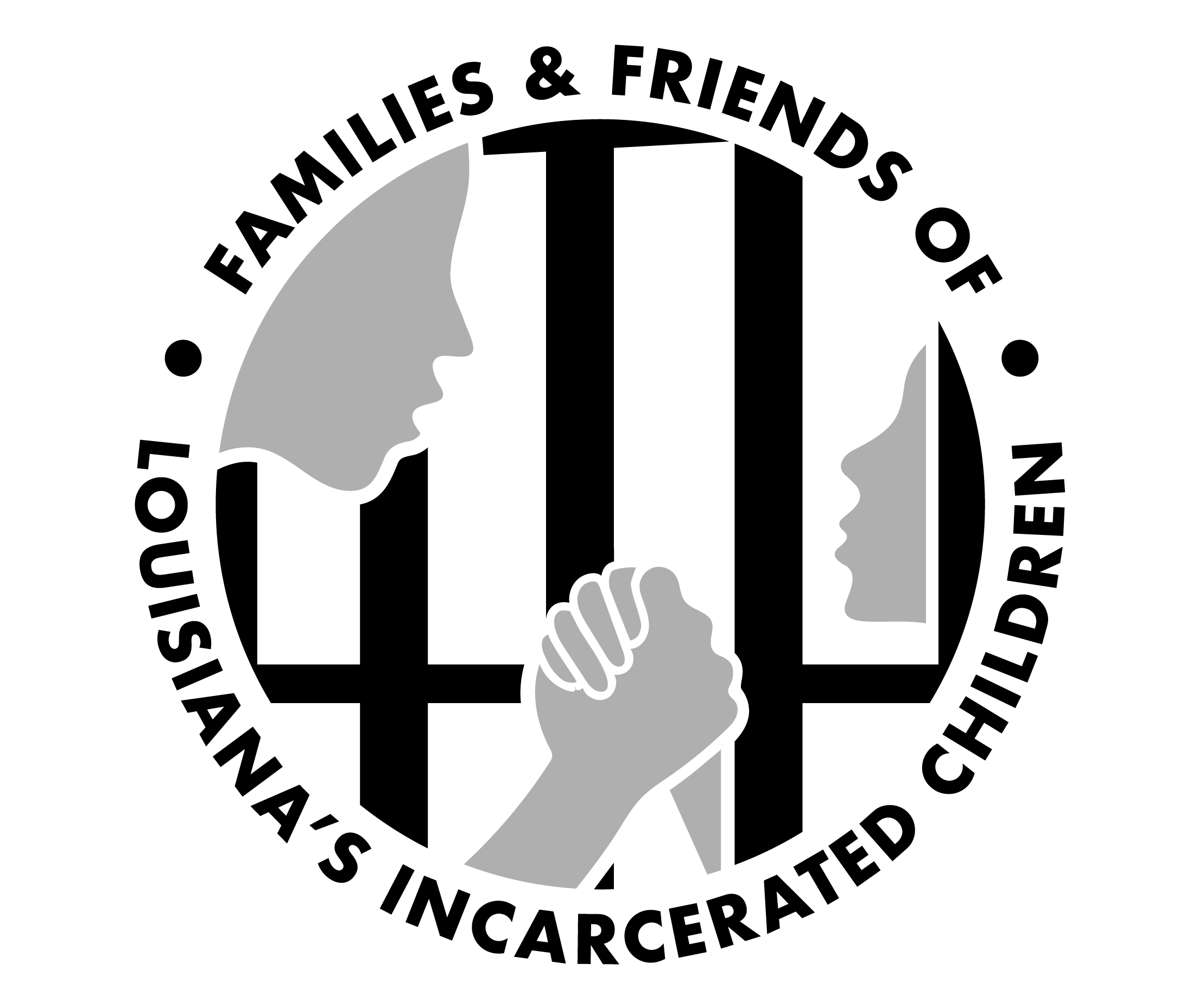In response to the news that 20 youth attempted to take over Bridge City youth prison, following another major incident earlier this week at Swanson Correctional Center, Gina Womack, the Executive Director of Families and Friends of Louisiana’s Incarcerated Children (FFLIC), issued the following statement:
“The recent events at Bridge City and Swanson are both sad, disturbing examples of the failure of the Governor and Office of Juvenile Justice (OJJ) to protect and adequately care for the youth and staff in youth facilities. In recent months, OJJ has proven that it is incapable of keeping children safe– as seen in multiple recent news reports including repeated escapes, an auditor’s report documenting the overuse of solitary confinement, persistent staffing shortages, and the secret opening of a youth prison in St. Martinville.
Despite recent escalations in incidents of escape, abuse, and violence within the facilities, the Governor and OJJ continue with their “business as usual” approach as children and staff stand in harm’s way–even as these failed facilities push youth past their breaking point to where they are desperately trying to take back control of their own health and safety.Yet, this incident is emblematic of the larger issues inherent in Louisiana’s youth prisons and in the youth justice system broadly.
We need to address the root causes that lead to youth incarceration including racial disparities, economic injustice, and the lack of supportive community-based services including mental health care. It costs the state $156,570 to incarcerate one child for a year compared to the cost of $24,768 for tuition, room, and board at Louisiana State University. Yet this investment yields zero positive results for youth or communities. It’s way past time to stop dumping money into a youth incarceration system that does not work and makes our community even less safe. OJJ recently received $1 million from the Office of Juvenile Justice Delinquency and Prevention to reform the system. We call upon OJJ to partner with community advocates in the planning and implementation of this grant, to ensure that OJJ is providing the critical supports and services as well as youth development training for staff so that youth feel safe in their custody. To improve public safety and protect children’s futures, we need to reinvest in communities of care, not youth prisons.



